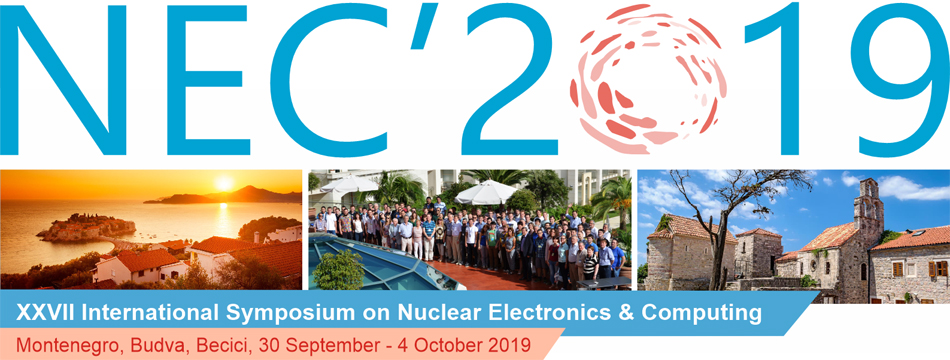Speaker
Dr
Vito Palladino
(Imperial College London)
Description
The high luminosity (HL) LHC will pose significant detector challenges for radiation tolerance and event pileup, especially for forward calorimetry, and this will provide a benchmark for future hadron colliders. The CMS experiment has chosen a novel high granularity calorimeter (HGCAL) for the forward region as part of its planned Phase 2 upgrade for the HL-LHC. Based largely on silicon sensors, the HGCAL features unprecedented transverse and longitudinal readout segmentation which will be exploited in the upgraded Level 1 (L1) trigger system. The high channel granularity results in around one million trigger channels in total, to be compared with the 2000 trigger channels in the endcaps of the current detector. This presents a significant challenge in terms of data manipulation and processing for the trigger. In addition, the high luminosity will result in an average of 140 interactions per bunch crossing that give a huge background rate in the forward region and these will need to be efficiently rejected by the trigger algorithms. Furthermore, three-dimensional reconstruction of the HGCAL clusters in events with high hit rates is also a more complex computational problem for the trigger than the two-dimensional reconstruction in the current CMS calorimeter trigger. The status of the trigger architecture and design, as well as the concepts for the algorithms needed in order to tackle these major issues and their impact on trigger object performance, will be presented.
Primary author
Dr
Vito Palladino
(Imperial College London)

